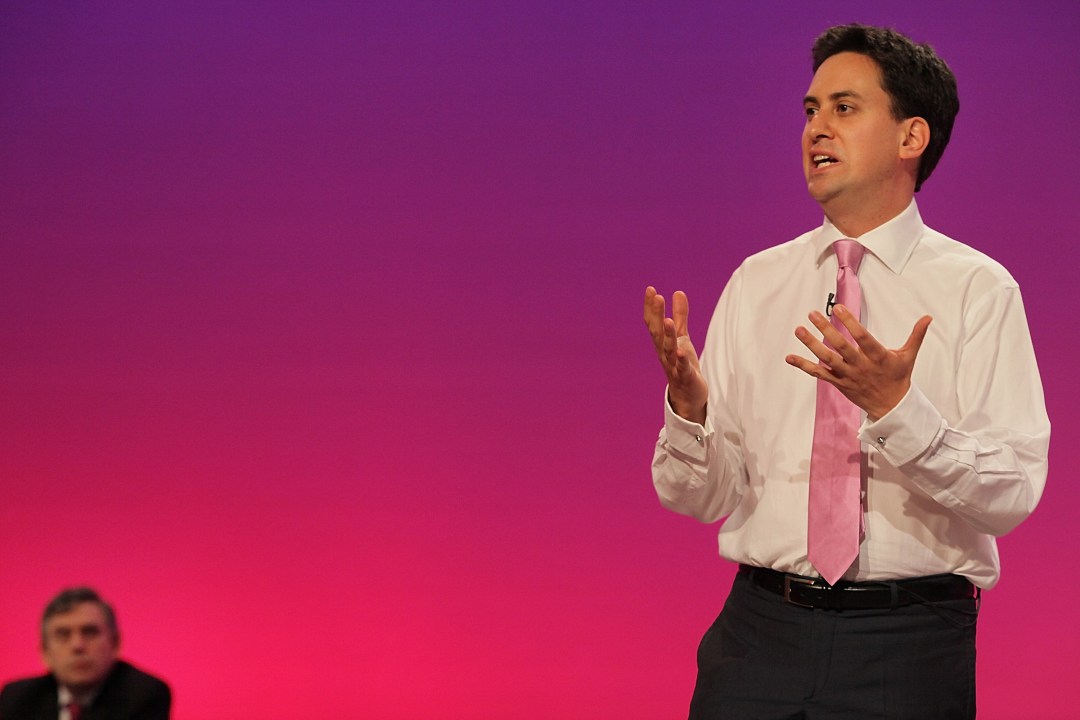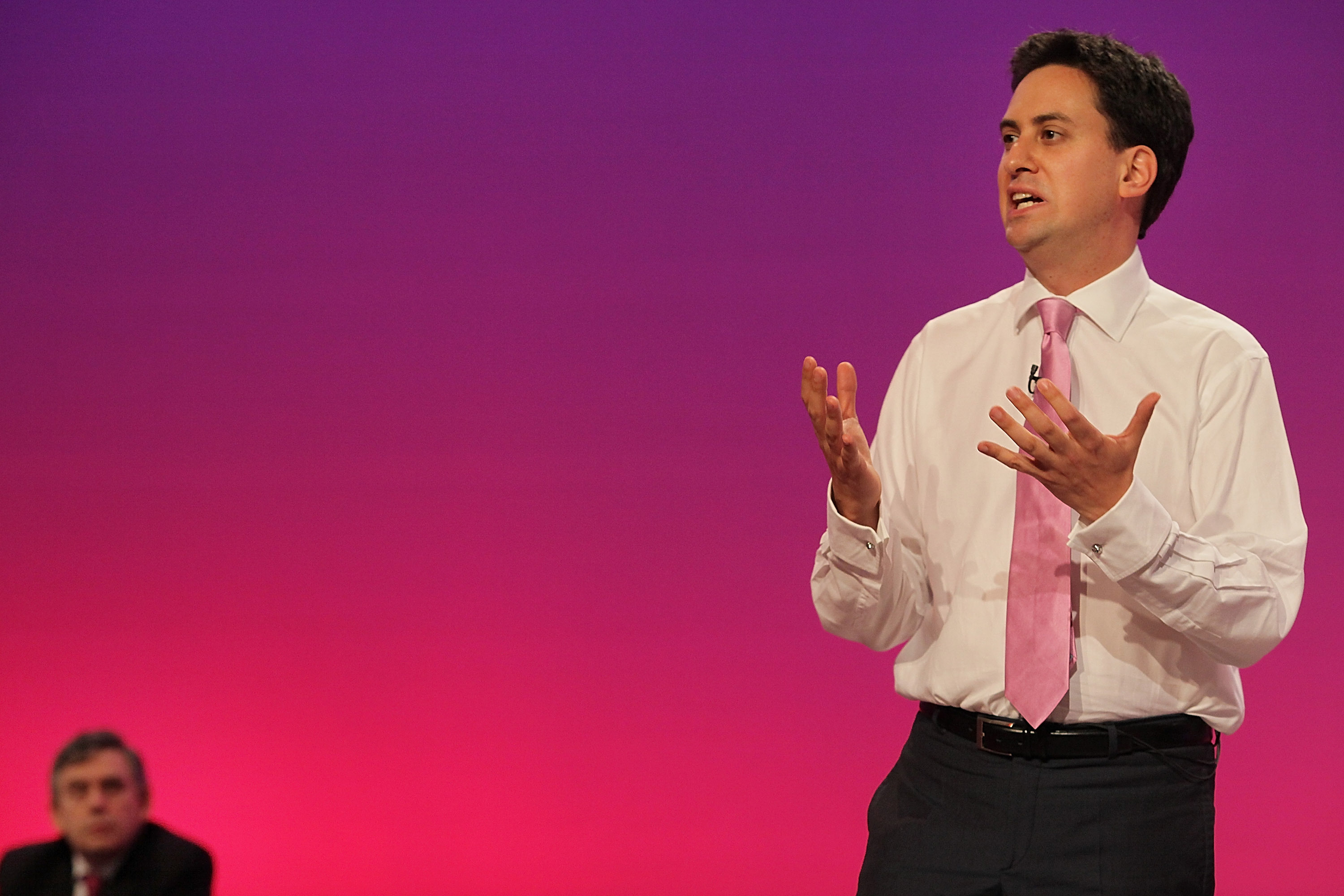At the end of last year, Ed Balls suggested that Labour would be ‘taking a tougher approach to conditionality [for benefit claimants]. If people can work, they should work.’ Now the party are starting to outline what that means. As the Independent puts it today, summarising a speech that Liam Byrne has given in Birmingham, ‘The unemployed would be guaranteed the offer of a job but could lose their benefits for six months if they turned it down, under a tough new policy on welfare planned by Labour.’
The paper characterises this as an attempt to ‘outflank the Tories on welfare,’ which is surely true. But the whole thing also reminds me of the Brown era. Not only is there that old, divisive trick — the ‘guarantee’ — which I’ve blogged about before, but we’re also told that ‘Ed Miliband is preparing to fight the next general election on the ambitious goal to create “full employment”’. This was a favourite cause of Gordon Brown’s from around 1993 (when he wrote a pamphlet entitled How We Can Conquer Unemployment). And it persisted throughout the New Labour years, but particularly when Brown finally seized power in 2007.
So what will ‘full employment’ mean? That is the question. It has never literally meant shunting everyone into a job — but there are various definitions beyond that, and the left has enjoyed debating them for decades. For some, it’s an unemployment rate of around 5 per cent. For others, it’s an unemployment rate of 3 per cent. Others prefer to focus on the employment rate instead, and have it hit around 80 per cent. And so on and so on. By the end of the Brown years, ‘full employment’ seemed to mean something closer to just increasing the number of jobs in the economy (but not necessarily shortening the dole queues). Which version Ed Miliband subscribes to, I’m not sure.
One thing that’s worth noting is how, when Labour have mixed the language of ‘full employment’ with the language of ‘tough’ welfare reform before now, the end result sounds
broadly like something Iain Duncan Smith would say. Take this section from the introduction to a DWP paper (called, as it happens,
Ready for work: full employment in our generation), penned by Peter Hain in 2007:
The specific policies may differ between Ed Miliband’s Labour and the coalition, but the rhetoric, at least, may start becoming almost indivisible.‘In contrast, our radical new approach is a welfare system in which, increasingly, claimants are not passive recipients of benefits, but instead active jobseekers preparing for a return to work, in which they will be better off. Our welfare commitment remains: tackling poverty through full employment.’







Comments